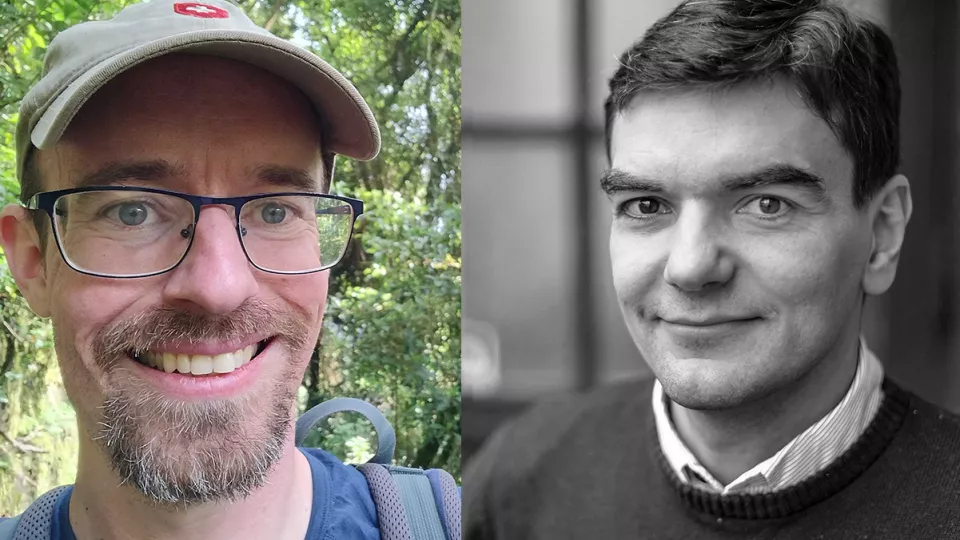The European Research Council (ERC) supports research of the highest quality in all fields. The ERC Advanced Grant is intended for established researchers with a track record of significant contributions over the past decade.
In this year’s round, 255 researchers will receive a total of EUR 652 million. Two of them are from Lund University.
Raimund Muscheler
Raimund Muscheler, professor at the Department of Geology, will receive funding for his project PastPolarStorms.
Congratulations Raimund, how does it feel to be awarded this prestigious grant?
“Naturally, I’m very happy. It means a lot, as it enables me to start seriously pushing boundaries to discover and evaluate solar storms of the past.”
Can you tell us more about your project?
“We have known for some years that radionuclide data from ice cores and tree rings can reveal traces of enormous solar storms of the past, storms that were much bigger and probably more destructive than anything we know of from our modern era. The aim of the project is to discover all the major solar storms of the last 10,000 years and examine their recurrence rate and connection with solar activity. In addition, we will be able to identify smaller solar storms and possibly bridge the gap between the very large events in the past and the smaller ones that have taken place in more recent times.”
What are your hopes for the project?
“To help us understand the storms’ frequency, strength and connection with solar activity. When there is considerable activity on the surface of the sun, energy is released. This can give rise to geomagnetic storms that may cause power cuts and communication disruptions on Earth. I think our work will be very important for risk assessments, and hopefully enable us to better prepare for such dangerous events.”
Thomas Pugh
Thomas Pugh, senior lecturer at the Department of Physical Geography and Ecosystem Science, will receive funding for his project Tree2Globe.
Congratulations Thomas, how does it feel to receive this prestigious grant?
“It’s very exciting. This is a chance to turn a research dream into reality. It is a great privilege to be granted the resources to try to achieve something so significant.”
Can you tell us more about your project?
“The rate at which trees grow and die is affected by both environmental changes and direct human management. However, we have no comprehensive and consistent quantifications of how these rates for tree growth and death have changed worldwide. This project will attempt to create a coalition of researchers and institutions around the world to compile and combine the millions of individual tree observations that have been made over the past 35 years. In general, all these observations are made in different ways, so we will develop new methods for integrating them into a unified picture using computer modelling of the world’s forests.”
What are your hopes for the project?
“We will use a combination of models and observations to answer several pressing questions about how and why forests all over world have changed. But the aim is also to create something that is useful in broad terms for other researchers and decision-makers. We will also support important fieldwork in regions where this type of research is underfunded and I hope our work will help build trust between researchers from different fields and societies.”
Text: Johan Joelsson.
